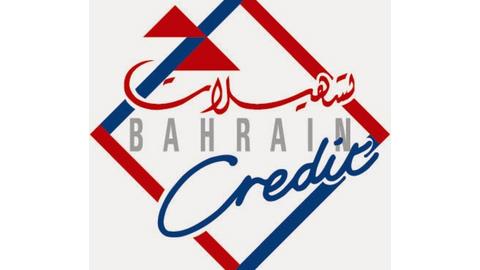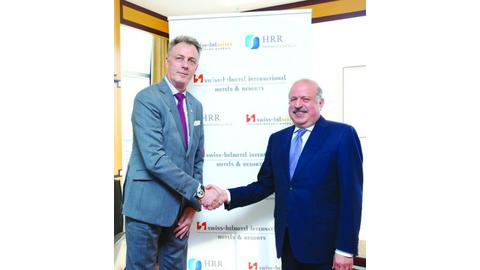'Property market feeling pressure'

MANAMA: Bahrain is seeing a golden age for tenants, with historically low prices, a strong selection of exceptionally well-managed facilities and a developer approach focused on market-suitable properties, according to international real estate consultancy Cluttons.
Releasing the Cluttons Bahrain Spring 2017 Property Market Outlook, the firm’s head of research Faisal Durrani told the GDN yesterday that weakening economic conditions, tapering off demand for oil and gas, and an increase in real estate supply has led to increased pressure on the Bahrain real estate industry.
“The result is a market defined by increased incentives, adjustments and service quality from landlords and developers as they fight to remain competitive,” he added.
However, said Mr Durrani, weaker economic conditions alone are not to blame for the correction now underway in the rental market in Bahrain.
There has been a surge in the number of new residential developments being sold in the market, most of which are being acquired by Bahraini, or other Gulf investors.
“A significant amount of this is filtering through to the rental market which is pushing supply ahead of demand – albeit with a significant upside for renters and occupiers,” added Mr Durrani.
Cluttons assesses that the relative stability of residential rents across the kingdom’s key expat dominated submarkets appears to have ended following a largely flat 2016.
This year has marked a change with rents retreating across the board during the three months from January to March.
In real terms, this equates to a monthly fall of roughly BD80.
Apartments (-8.3 per cent) experienced a sharper rate of rent corrections than villas (-6.9pc).
However, both segments of the residential rental market experienced the fastest rate of decline since 2009 during the period.
In the sales market, Cluttons finds the supply surge is reflected by the fact that over 4,100 units are slated for completion in the upper end of the market within the next two years.
By 2020, over 7,100 units are expected to be added to the existing supply.
The knock-on impact on sales prices from the sudden boost to supply appears yet to materialise, with residential values holding steady and remaining unchanged for six consecutive quarters.
At the end of March, average residential capital values stood at BD948 per square metre (psqm), with apartments on Reef Island (BD1,233 psqm) and villas on Amwaj Islands (BD1,275 psqm) remaining the most expensive in the kingdom.
However, Cluttons Bahrain and Saudi Arabia head Harry Goodson-Wickes feels a lack of easy access to debt financing may deter purchasing appetite.
“Paradoxically, high volumes of unsold stock will also contribute to capital value volatility.
“For now, the difficulty around controlling supply lies in the hands of developers who are promoting favourable payment plans.
“Those developers who continue to succeed in these difficult market conditions have focused on stock that meets specific market needs, and have a strong track-record of development in the kingdom and across the Gulf.”
Cluttons forecasts that a correction in residential values is highly likely, particularly if the sales supply pipeline continues to expand unchecked at current rates.
“We forecast rents to continue dipping back, with average rentals likely to end the year 10-12pc down on 2016 as economic pressures both within Bahrain and around the region remain in place,” added Mr Goodson-Wickes.
“We are however somewhat optimistic that 2018 will see a return to stability, should government infrastructure spending drive up overall economic activity levels.”
Last year proved another stable year for Bahrain’s office and retail property markets with no movement in headline rents reported across the kingdom’s key retail submarkets in the first quarter.
In the office market, rents have slipped in some locations to the most attractive levels on record.
“Our concern for the outlook of the office market remains with the proposed value added tax introduction across the GCC, and the potential increase in operating costs for international occupiers who are already grappling with a strong US dollar,” said Mr Durrani.
“An extra 5pc charge on top of rents and general operating costs may well suppress activity for longer.”


